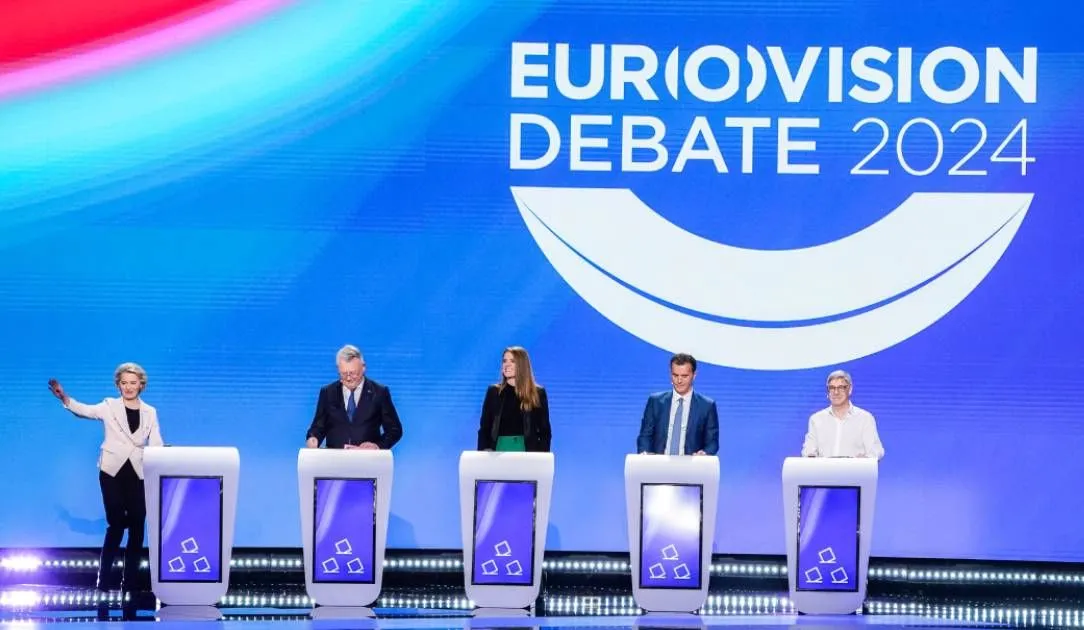Despite concerns about a Russian disinformation campaign targeting the forthcoming European Parliament elections, much of the interference activity disrupted in Europe of late has actually been domestic in origin, the social media giant Meta said Wednesday.
In its latest quarterly threat report, Meta said the Doppelgänger campaign has continued to attempt to influence audiences in the West to undermine support for Ukraine, although its efforts are “crude and largely ineffective in building authentic audiences on social media.”
Doppelgänger, which the U.S. Treasury has alleged is directed by the Kremlin, is notorious for publishing fake articles masquerading as legitimate stories from The Washington Post and Fox News. Russian nationals and companies associated with the campaign have been sanctioned by the United States and European Union.
Last month, the European Commission launched an investigation into Meta over suspected failures to comply with the bloc’s new election integrity rules, particularly citing ongoing Doppelgänger activity on its platforms as one of its grievances.
“It would be unrealistic to expect advanced persistent threat actors to cease their activity after their online accounts are taken down,” Meta said in its latest report.
“This is particularly true for a persistent influence campaign run by commercial companies ‘at the direction of the Russian Presidential Administration’ in wartime. For-hire groups are paid to keep at it for as long as their clients’ operational objectives remain – in this case, to undermine the international community’s support for Ukraine.”
Despite the sensitivities around foreign threats and interference, Meta said “the majority of the EU-focused inauthentic behavior we’ve disrupted so far has been domestic in nature,” including a small network based in Croatia and other “simpler inauthentic clusters” in France, Germany, Poland and Italy.
The foreign threats the company has identified “were primarily focused on undermining support for Ukraine among the EU member states, rather than directly targeting the EU parliamentary elections.”
The Commission’s investigation into Meta follows warnings from the body’s vice-president, Margaritis Schinas, that Russian interference in the elections “endangers the functioning of our society and challenges directly our democratic ethos.”
The elections beginning on June 6 will see voters in EU member states elect a total of 705 Members of the European Parliament (MEP), although these individuals have much less power than legislators in other systems. The European Commission — composed of officials nominated by each member state — effectively forms the cabinet government.
European elections themselves tend not to attract the same levels of attention as domestic ballots. Turnout in the 2019 European Parliament election was the highest it has been for more than 20 years, at just over 50% — but still significantly below the 73% for the French presidential election in 2022, or the 76% in the German federal election in 2021.
Recorded Future
Intelligence Cloud.

